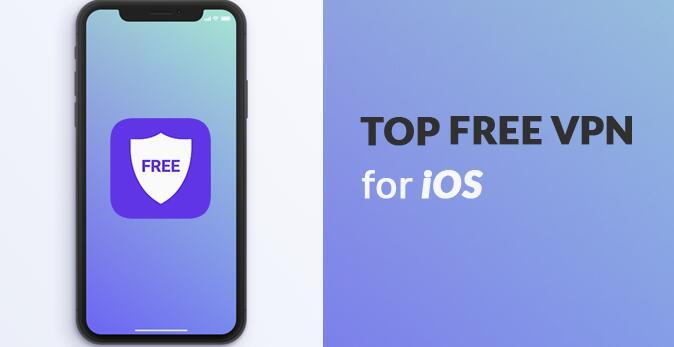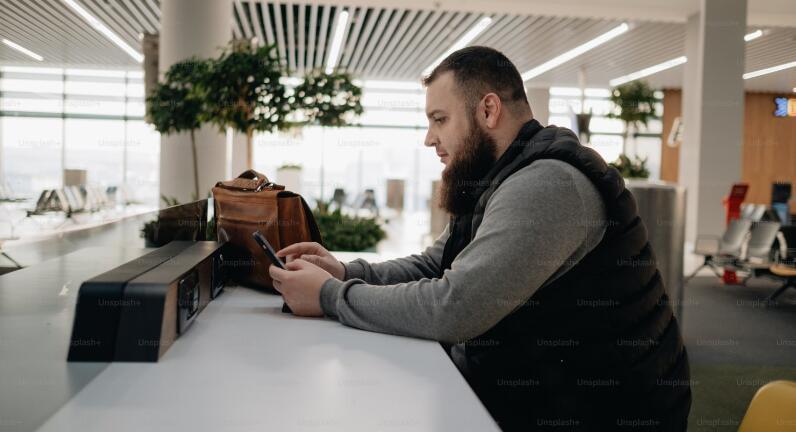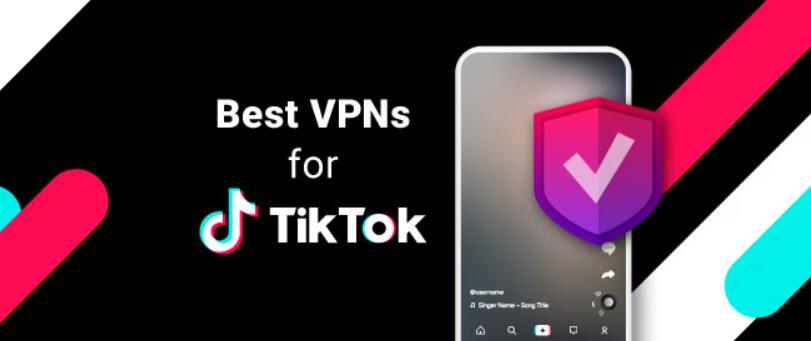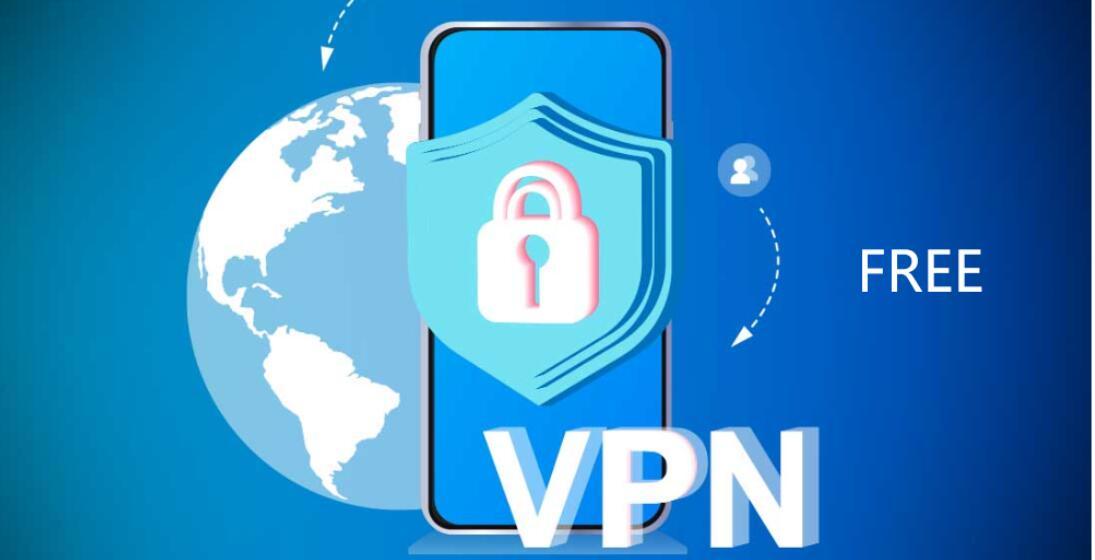VPN for iPhone: A Guide to Protect Your Online Privacy
In today's digital age, our iPhones have become indispensable for staying connected and accessing information on the go. However, the need for enhanced security, safety, and privacy comes with increased connectivity. That's where VPNs for iPhones come into play. In this blog post, you will discover how using a VPN on your iPhone can provide a secure and private online experience, troubleshoot common connection issues, and identify the best VPN providers for your Apple device.

Table of Contents
What Is a VPN for iPhone?
First, let’s answer the question, what is a VPN?
A Virtual Private Network, abbreviated as VPN, is a technology that establishes a secure and private connection between your device and the internet. It accomplishes this by routing your internet traffic through an encrypted tunnel, making your online activities virtually impenetrable to external entities. This allows you to browse the web anonymously and securely, protecting your online from prying eyes.
Why VPN for iPhone?
Your iPhone holds a wealth of personal information and sensitive data, making it a prime target for hackers, cybercriminals, and prying eyes. Utilizing a VPN (Virtual Private Network) for your iPhone can help bridge the gap between convenience and security. Let's delve deeper into the key reasons why you need a VPN for your iPhone.
How Can a VPN Benefit iPhone Users?
1. Enhanced Security and Privacy
One of the primary reasons to use a VPN on your iPhone is to enhance your security and protect your internet traffic, A VPN establishes an encrypted tunnel between your device and the internet, ensuring that your data remains secure and protected from unauthorized access. By encrypting your connection, a VPN shields your iPhone from hackers attempting to intercept your sensitive information, such as passwords, banking details, or private messages.
This is important when using public Wi-Fi networks, which are vulnerable to attacks.
Online privacy is an increasingly endangered concept, and it's important to take steps to preserve it. Your internet service provider (ISP), unfortunately, has the capability to monitor and log your online activities, compromising your privacy. However, when you connect to the internet through a VPN, your ISP only sees encrypted data, preventing them from monitoring your browsing habits, streaming preferences, or online transactions. A VPN allows you to reclaim your online privacy by masking your IP address and providing you with an anonymous browsing experience.
2. Access Content
Another advantage of using a VPN on your iPhone is the ability to access geo-restricted content. Some websites or streaming services may be in certain regions due to content licensing agreements or government censorship. With a VPN, you can connect to a server in a different Using this service, you will be able to access your website content from anywhere in the world, bypassing these restrictions.
3. Avoid Data Throttling
Many internet service providers (ISPs) throttle data when you use certain apps or services. This can be frustrating, especially when streaming videos or using bandwidth-intensive applications. By using a VPN, you can bypass data throttling and enjoy a faster and more consistent internet connection on your iPhone.
4. Protect Against Online Tracking
Advertisers and trackers often collect data about your online activities in order to target you with personalized ads. A VPN can help protect your privacy and prevent advertisers from gathering your browsing history and personal information. By masking your IP address and encrypting your data, a VPN makes it more challenging for trackers to monitor your online behavior.
Choosing the Right VPN for Your iPhone: Essential Features to Consider
When it comes to selecting a VPN for your iPhone, certain features and considerations are crucial for ensuring a seamless and secure browsing experience. Let's explore these essential features:
Security Features
- Strong Encryption: Look for VPN providers that employ robust encryption protocols, such as AES-256, to ensure your data remains safe and protected.
- Kill Switch: A kill switch is a valuable feature that automatically disconnects your internet connection if the VPN connection drops unexpectedly, preventing your data from being exposed.
- DNS Leak Protection: DNS leaks can compromise your privacy, but a VPN with built-in DNS leak protection ensures that your DNS requests are securely encrypted.
Privacy Features
- No-Logs Policy: Opt for VPN providers that have a strict no-logs policy, meaning they do not retain any records of your online activities.
- Anonymous Payment Options: Some VPN providers accept anonymous payment methods, such as cryptocurrencies, enhancing your privacy during the subscription process.
- DNS and IP Leak Protection: VPNs with DNS and IP leak protection prevent your real IP address and DNS requests from being revealed, further safeguarding your anonymity.
Speed and Performance Features
- Wide Server Network: VPNs with a vast network of servers worldwide typically offer better speed and performance, allowing you to connect from various locations seamlessly.
- Dedicated Streaming Servers: If you intend to use your VPN for streaming purposes, look for providers that offer dedicated servers optimized for streaming platforms like Netflix or Hulu.
User-Friendly Interface
- Intuitive Design: A VPN with a user-friendly interface makes it easier for you to navigate through the app, connect/disconnect, and access advanced settings without hassle.
- Multi-Platform Support: Ensure the VPN provider offers compatibility across multiple platforms, including iOS, Android, Windows, and macOS, enabling you to protect all your devices.
By considering these essential features, you can make an informed decision when choosing a VPN provider that best fits your needs and preferences.
Troubleshooting Tips for VPN Connection Issues on iPhone
While VPNs are generally reliable and easy to use, connection issues can occasionally arise. Here are some common problems you might encounter and their corresponding solutions:
Common Problems and Solutions:
- Slow Connection Speed: If your internet connection slows down significantly when connected to a VPN, try connecting to a different server or selecting a server closer to your physical location. Additionally, using a VPN protocol that prioritizes speed, such as IKEv2, may help improve performance.
- Inability to Connect: If you are unable to connect to your VPN, ensure that your iPhone's software is up to date. Additionally, try switching to a different VPN server or protocol, as the issue may be specific to a particular server or protocol.
- VPN Disconnection: If your VPN frequently disconnects, ensure that you have a stable internet connection. Restarting your iPhone and the VPN app may help resolve any temporary glitches.
Configuring VPN Settings for Optimal Connection:
- Protocol Selection: Experiment with different VPN protocols (e.g., IKEv2, L2TP/IPSec, or OpenVPN) to find the one that offers the best combination of security and speed for your connection.
- Server Selection: Try different VPN servers to find the one that provides the optimal speed and performance. Selecting a server closer to your physical location can often result in faster connections.
- Disable Background App Refresh: Turn off the "Background App Refresh" feature on your iPhone for apps that do not require constant updates. This can help conserve bandwidth and improve your connection speed.
By applying these troubleshooting tips, you can typically overcome any VPN connection issues and ensure a smooth and uninterrupted browsing experience on your iPhone.
Best Practices for VPN Usage on iPhone

To make the most of your VPN for iPhone and ensure a secure and seamless browsing experience, follow these best practices:
- When to Use a VPN? Activate your VPN when connecting to public Wi-Fi networks, accessing sensitive information, or when you want to enhance your privacy and security.
- Safe Browsing Habits with VPN: Even with a VPN, practicing safe browsing habits is essential. Be cautious when sharing personal information online, only visit trusted websites, and refrain from clicking on suspicious links or downloading files from unverified sources.
- Maintaining VPN Software Up to Date: Regularly update your VPN app to ensure you have the latest security patches and feature enhancements. Using outdated software may leave your iPhone vulnerable to potential threats.
By adhering to these best practices, you can maximize the advantages of using a VPN on your iPhone while safeguarding your digital footprint.
Conclusion - Unlocking Security and Privacy Potential
In a world where online threats are ever-present, utilizing a VPN for iPhone is no longer an option—it's a necessity. VPNs provide the vital layer of security, safety, and privacy needed to enjoy a worry-free online experience on your Apple device. By understanding how VPNs work and selecting a reputable provider, you can unlock the potential for enhanced security and privacy in your digital endeavors. So take control of your online presence today and invest in a reliable VPN for your iPhone.
Hot Articles in VPN
- Pro & Free India VPNs to Get Indian VPN Server – Unblock Content
- 10 Best VPNs for Firestick | 2023 Top VPN Service for Amazon Fire Stick
- Top 10 Best Free VPN Trial | No Credit Card, Fast, Secure
- 10 Best Free VPNs in 2022 - Free VPN for Downloading
- 2023 Top 5 Best VPNs for YouTube – Unblock YouTube Anywhere Free



